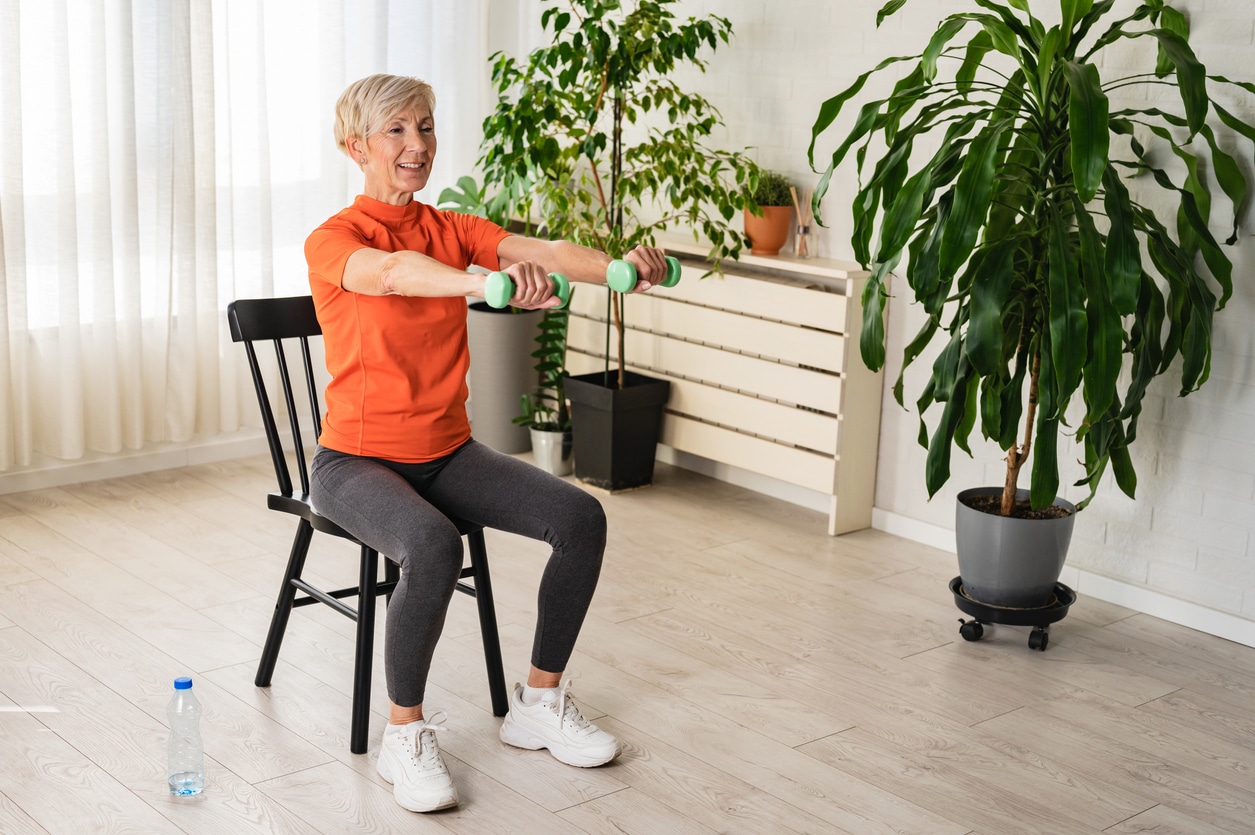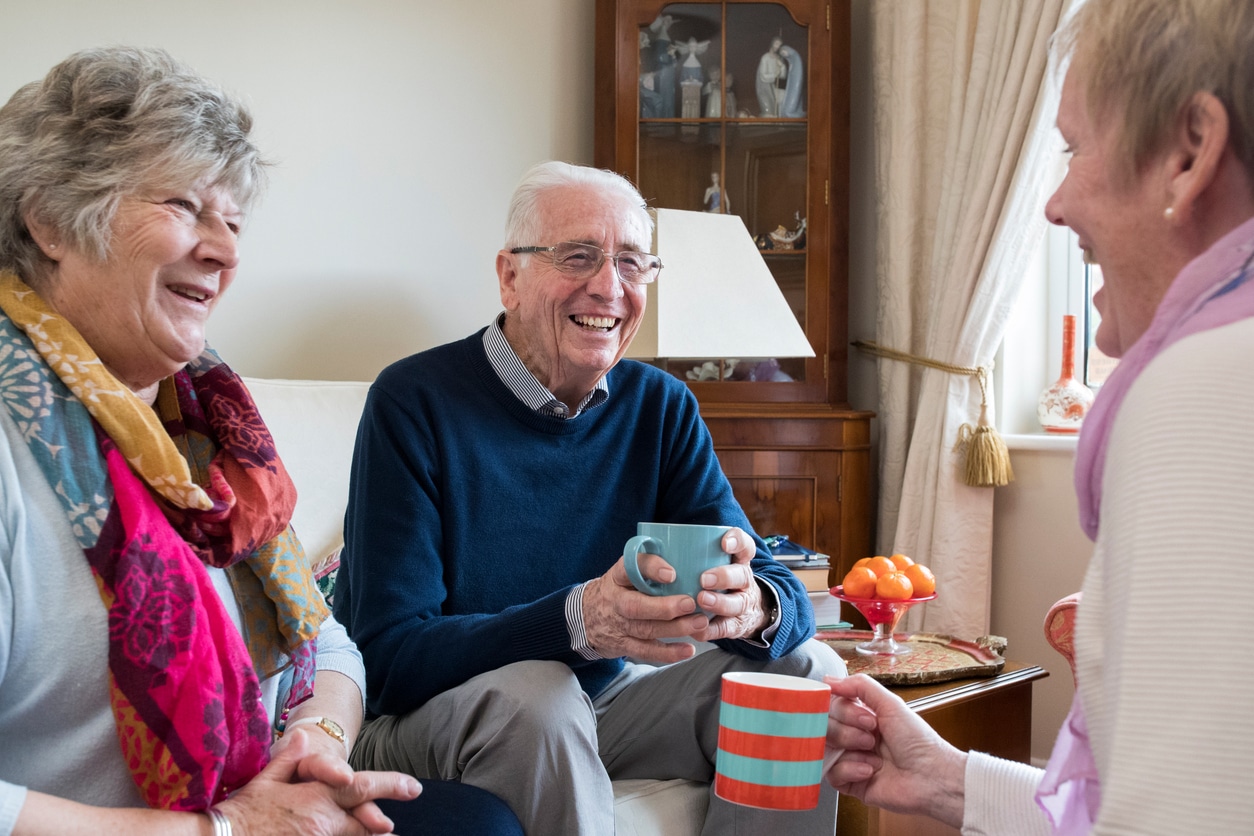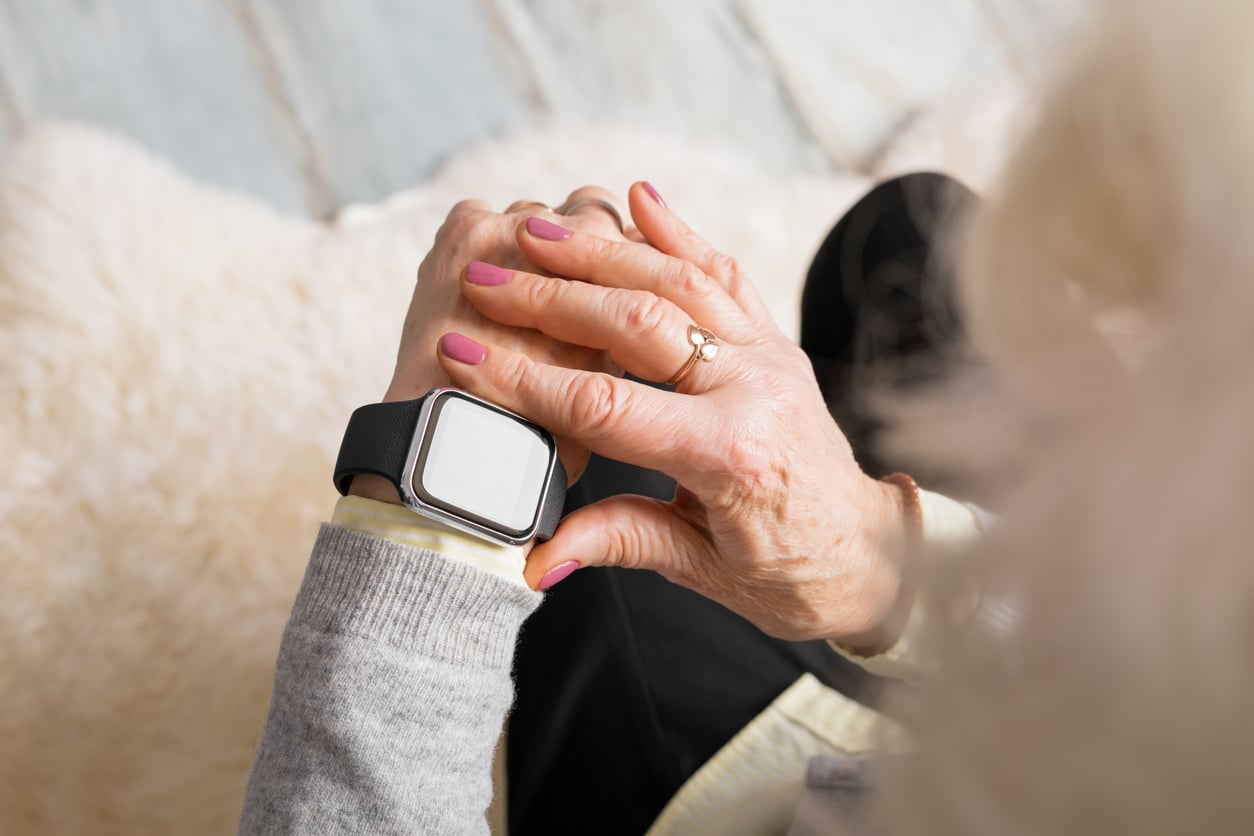Parents of young children love to joke about the revenge they’ll take when their kids are older.
I can’t tell you how often I dream about the day, some 30 years from now, when I’ll gleefully, repeatedly wake my grown son up in the middle of the night for some nonsensical reason, just to show him what it’s like.
The unfortunate reality of the aging parent is not quite as lighthearted; by the time my son is my age, he may end up having to parent me.
Senior Independence & Changing Roles
My mom and dad are in their late 70s, and both are active and young for their age. Though they remain totally independent, a bit of caution is necessary, especially when it comes to physical exertion, and this is something we are constantly reminding them to be aware of. It doesn’t always work, and it gives my brothers and me anxiety.
Turns out, it gives my parents anxiety too, but for different reasons.
It’s not easy getting old and the awareness and acceptance of your own decreasing independence is tough to reckon with. When the children you birthed, raised, protected, and doted on for decades suddenly turn the tables and start doting on and protecting you, there can be some tension. Especially if you’re not quite ready to concede that you need their help.
Here are 3 tips for working with your well-meaning helicopter kids.
1. Understand the Dynamic
How do you keep things civil when your kids begin hovering over you, checking in on you, treating you like the child they’re supposed to be?
As a senior dad of three adult children and a professional family coach at Growing Great Relationships, Richard Horowitz has a unique window into the issue. To prevent the relationship from fraying, he asserts, you must focus on two things:
- You want independence
- They want safety and peace of mind.
2. See Your Child’s Point of View
You deserve as much independence as possible. After all, no one likes to be told that they can’t do something, especially after a lifetime of being self-sufficient.
When Janet McKean’s mother turned 70, it became clear that she needed assistance. But McKean’s father was staunchly opposed.
“He was insistent my mom was fine, and felt having someone in his house would invade his time and space,” she says.
Fortunately, McKean’s mother was receptive and lived with some form of care for another seven years. After she passed, McKean helped care for her father, who retained a large measure of independence and lived on his own for 10 years.
“Until the day he called at 6 a.m. to tell me he had been on the floor for 4 hours,” McKean recalls.
McKean and her sister pressed for a move to assisted living. Dad resisted until his daughters convinced him the relocation would give him more independence because they wouldn’t be calling and stopping by to check on him so much.
Like McKean, you see, your children are primarily concerned with your health, not with restricting your freedom, even if the two necessarily go hand in hand.
When we see the situation from each other’s point of view, it’s easier to understand the respective positions. Working with your kids, rather than against them, can help you get what you both want: safe, independent living.
3. Focus on Caring Communication
Whether getting there is half the fun depends on how you approach détente.
“The most important means of reaching mutual understanding is effective communication. In particular, the importance of validating each other’s concerns even when you are not in agreement,” Horowitz notes.
This should be doable since both parties are adults. (As the parent of an increasingly independent 6-year-old, I can tell you that getting him to validate my concerns is about as easy as getting him to eat his vegetables!)
To reduce conflict, acknowledge your kids’ worry as an expression of love, and respond from a place of love for them, too.
“The message of caring must be paramount, especially when the adult children raise issues about safety,” continues Horowitz.
This is exactly why I’m bringing flowers and a bottle of wine when I visit my parents this weekend. They can enjoy them while I carry the patio furniture up from the basement.




